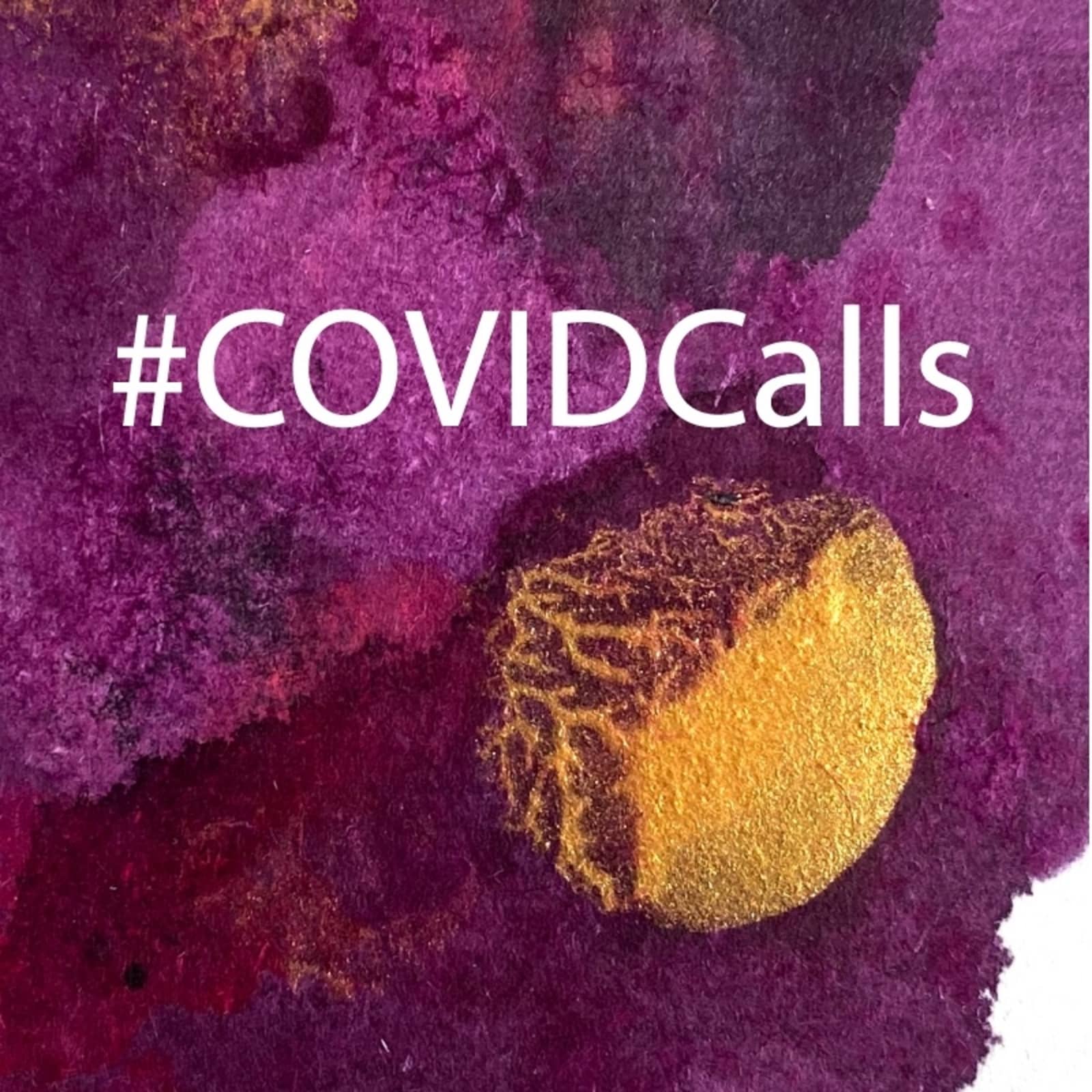
56K
Downloads
504
Episodes
A daily discussion of the COVID-19 pandemic with a diverse collection of disaster experts - hosted by Dr. Scott Gabriel Knowles, a historian of disasters at KAIST in Daejeon, South Korea.
A daily discussion of the COVID-19 pandemic with a diverse collection of disaster experts - hosted by Dr. Scott Gabriel Knowles, a historian of disasters at KAIST in Daejeon, South Korea.
Episodes

Monday Jun 01, 2020
Monday Jun 01, 2020
What are the psychological factors behind how individuals and organizations make evacuation/sheltering decisions during disasters? How are pets a source of comfort and resilience?
Dr. Sarah DeYoung, an expert on applied social and community psychology and core faculty member at the Disaster Research Center at University of Delaware, discusses the connections between evacuations/shelter in place orders, decision making, and various types of vulnerability. Dr. DeYoung stresses the importance of agreement among public officials for building trust in authority during a disaster and the damage open disagreement among authorities can do to public confidence. DeYoung delves into the factors, like neoliberalism and privatization, that have eroded the capacity of and public trust in the American government disaster response. Dr. DeYoung also shares insights from her research on how pet ownership affects how people respond to disasters and her worries about a possible increase of animal surrenders during the pandemic.
For Further Reading:
“The Pets of Hurricane Matthew: Evacuation and Sheltering with Companion Animals”
“The Effect of Mass Evacuation on Infant Feeding: The Case of the 2016 Fort McMurray Wildfire”
Tribe: On Homecoming and Belonging
“The Popular Culture of Disaster: Exploring a New Dimension of Disaster Research”

Monday Jun 01, 2020
Monday Jun 01, 2020
How can we understand disaster amidst the unknowns in the beginning of a crisis? How do journalists and academics approach information, disorganization, and uncertainty to further understanding during disaster events.
Robinson Meyer, a staff writer for the Atlantic covering technology and climate change, and Dr. Kim Fortun, an anthropologist at University of California - Irvine and expert on environmental risk and disaster, discuss the difficulties of reporting on COVID Testing early in the pandemic, what that reporting reveals about the state of governmental response, and how the knowledge of academic researchers can help us approach the uncertainties of the early pandemic. Meyer begins by talking about problems with COVID testing in March 2020 as well as the disparities in test data availability from public health departments across the United States. Dr. Fortun continues by reflecting on the varying time scales researchers of disaster inhabit, from rapid response to long-term analysis, and how analogies from her work on risk informs her assessment of COVID-19. Meyer and Fortun find common ground between academics and journalists and their use of “middle theories” to understand the ongoing crisis.
*SPECIAL NOTE: Robinson Meyer requests that listeners not quote his statements from this recording without his permission.
For further reading:
“The Strongest Evidence Yet That America Is Botching Coronavirus Testing”
The COVID Tracking Project at The Atlantic
Advocacy after Bhophal: Environmentalism, Disaster, New Global Orders

Monday Jun 01, 2020
Monday Jun 01, 2020
How should public health systems in the U.S. respond to COVID-19, and what lessons can we draw from the past and for the future?
Dr. Gigi Kwik Gronvall, a Senior Scholar at the John Hopkins Center for Health Security, joins to discuss the early national response to COVID-19 in the U.S. An expert on synthetic biology and biosecurity, Dr. Gronvall draws on her experience advising the Department of Defense to discuss how the response to COVID-19 compares to earlier responses to SARS and Ebola. Dr. Gronvall stresses the importance of learning from earlier epidemics as well as the ongoing COVID-19 outbreak to develop more effective responses to future disease outbreaks.
For further reading:
Synthetic Biology: Safety, Security, and Promise

Monday Jun 01, 2020
COVIDCALLS - An Introduction
Monday Jun 01, 2020
Monday Jun 01, 2020
Host Dr. Scott Gabriel Knowles introduces the COVIDCalls podcast.
